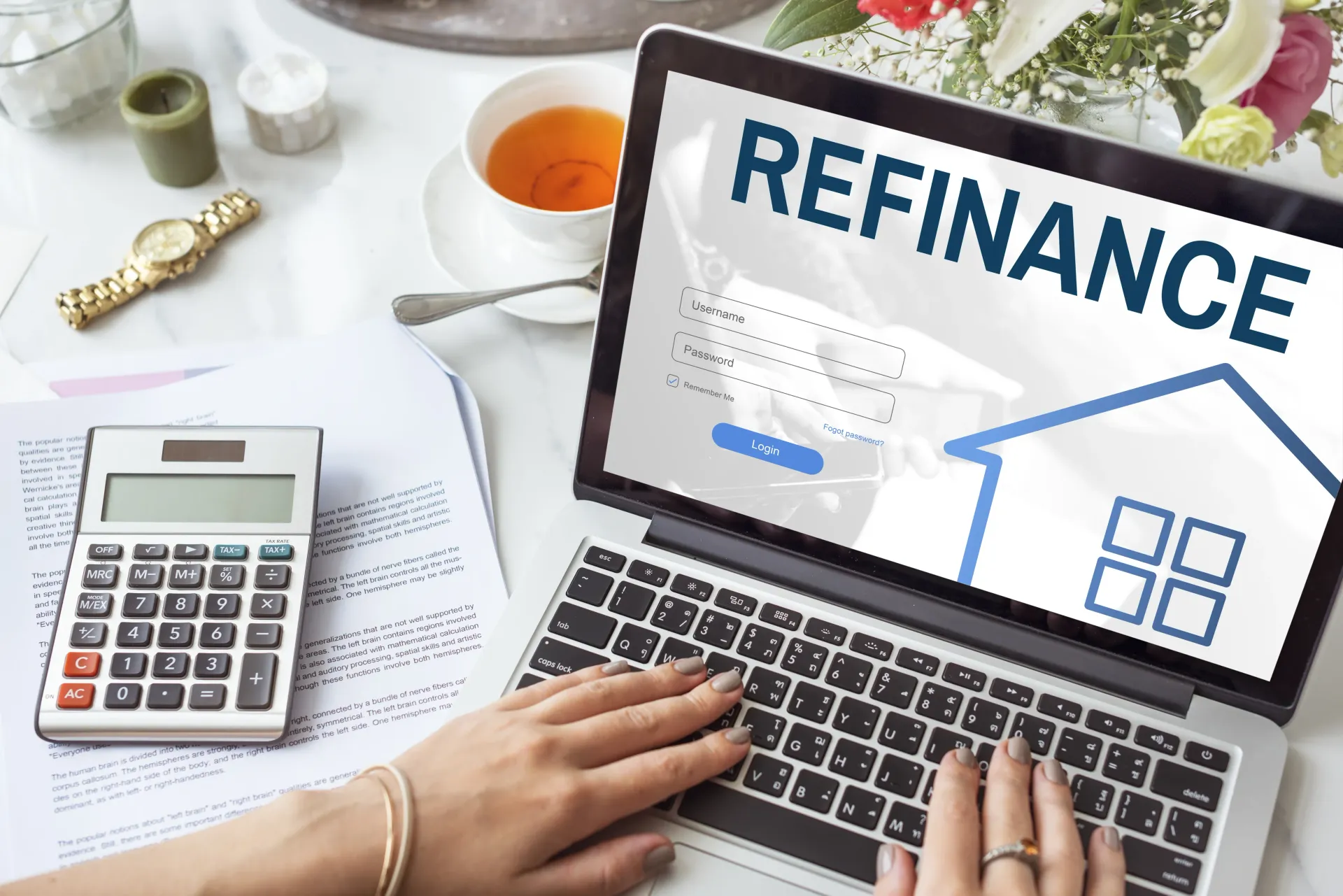How Inflation Shapes Your Loan Terms and Repayment Timeline
Inflation isn’t just a buzzword economists throw around on TV—it’s a living, breathing force that seeps into every corner of your financial life. When prices rise, the value of your money shifts, and that shift can dramatically impact how much you pay for a loan, the interest rates you’re offered, and even the length of time you’ll be repaying it.
Whether you’re taking out a mortgage, a personal loan, or business financing, inflation has a say in your repayment timeline and overall loan experience. In this article, we’ll break down the connection between inflation and loan terms, highlight strategies for navigating rising prices, and explain how lenders and borrowers adapt in a changing economy.

Understanding Inflation
At its core, inflation refers to the steady rise in prices for goods and services over time. Economists measure it using indexes like the Consumer Price Index (CPI) or the Producer Price Index (PPI). A little inflation can be healthy—it encourages spending and investment. But too much inflation can erode the purchasing power of your money and destabilize the lending environment.
In simple terms, when inflation rises, each dollar you own buys less. This matters for loans because the interest rate you pay and the timeline you have to repay can either work for you or against you, depending on the timing and type of loan.
How Inflation Affects Loan Terms
Loan terms—meaning the interest rate, repayment period, and other contractual details—don’t exist in a vacuum. Inflation influences them in several ways:
- Interest rates adjust to keep pace with inflation.
- Repayment schedules may be shortened or lengthened depending on lender risk tolerance.
- Loan limits and eligibility requirements may tighten.
When inflation is high, lenders often increase interest rates to protect the value of the money they’re lending out. This can make borrowing more expensive and potentially shorten your repayment window if lenders fear further economic instability.
Fixed-Rate Loans in Inflationary Times
Fixed-rate loans offer a sense of stability because your interest rate remains unchanged for the life of the loan. This can be a blessing during periods of high inflation, especially if you locked in a low rate beforehand.
The downside? If inflation falls and interest rates drop, you’re stuck paying the higher fixed rate unless you refinance. Still, for many borrowers, the predictability outweighs the potential missed savings.
Variable-Rate Loans and Inflation Risk
Variable-rate loans—also called adjustable-rate loans—change over time based on market conditions. These loans can be cheaper in the short term, but they carry more risk in inflationary environments.
When inflation spikes, interest rates tend to follow, meaning your payments could suddenly increase. This unpredictability can make budgeting difficult and potentially extend your repayment timeline if higher payments force renegotiation.
Impact on Loan Interest Rates
Central banks, like the Federal Reserve in the U.S., use interest rate adjustments as their main tool to combat inflation. When inflation rises, they often increase the federal funds rate, which indirectly causes most loan interest rates to climb.
Higher rates can slow borrowing but also safeguard lenders’ investments. For borrowers, it’s a double-edged sword—you’ll pay more in interest, but if your loan is fixed, you may actually benefit in the long run if inflation keeps eroding the value of your repayments.
Inflation’s Role in Loan Repayment Timelines
Inflation can influence how long it takes you to repay your loan in several ways:
- High inflation can lead to shorter repayment terms as lenders seek faster turnover of funds.
- Low inflation might allow longer repayment periods with lower interest rates.
- Personal repayment speed may vary depending on whether your income grows with inflation or lags behind it.
A borrower whose wages rise in step with inflation may find it easier to pay off loans quickly, while someone whose income stagnates may face extended repayment periods.
Long-Term vs. Short-Term Loans During Inflation
Choosing between long-term and short-term loans during inflationary times depends on your risk tolerance and financial stability.
- Long-term loans can protect against rising rates if you lock in early, but inflation uncertainty makes them riskier for lenders, often resulting in higher initial interest rates.
- Short-term loans usually have lower rates upfront but can be more volatile if inflation keeps climbing.
Loan Affordability and Purchasing Power
One of the most underappreciated impacts of inflation is how it erodes the real value of your income. Even if your loan payment stays the same in dollar terms, rising prices for essentials like food, housing, and energy can make those payments feel heavier.
When budgeting for a loan during inflation, it’s crucial to factor in not just your fixed monthly obligation but also the increased cost of living over time.
Inflation and Mortgage Loans
Mortgages are particularly sensitive to inflation because they’re usually long-term commitments. Homebuyers with fixed-rate mortgages can benefit if inflation outpaces their interest rate, effectively paying back the loan with “cheaper” dollars.
However, adjustable-rate mortgages (ARMs) can become a financial burden if rates reset upward in an inflationary period, increasing monthly payments.
Business Loans in an Inflationary Economy
Businesses often need financing to manage cash flow, expand operations, or invest in equipment. During inflation, the cost of borrowing can rise quickly, and repayment terms may tighten.
Entrepreneurs may turn to alternative lending sources, such as a Hard Money Lender, to secure funds when traditional banks become cautious. These lenders can provide faster approvals but often at higher interest rates.
How Lenders Adjust to Inflation
Lenders protect themselves by:
- Raising interest rates.
- Shortening repayment timelines.
- Requiring more collateral.
- Increasing credit score requirements.
They may also diversify their lending portfolios to include more inflation-resistant industries or investment-backed loans.
Borrower Strategies During Inflation
Borrowers can navigate inflation by:
- Locking in fixed rates when possible.
- Paying down variable-rate loans quickly.
- Building an emergency fund to cushion payment shocks.
- Refinancing at strategic times.
Being proactive rather than reactive can save thousands over the life of a loan.
The Role of Credit Scores in Inflationary Lending
Your credit score plays an even more critical role during inflation. Lenders see higher credit scores as a sign of reliability, making them more willing to offer favorable terms. In uncertain economic conditions, a strong score can mean the difference between approval and rejection.
Refinancing Loans During Inflation
Refinancing can be a smart move if you anticipate rising interest rates. By locking in a lower rate before inflation fully kicks in, you can save money over the loan’s life. However, refinancing during high inflation can be tricky, as rates may already be elevated.
Hard Money Loans and Inflation
Hard money loans, often used in real estate investment, can be a useful tool during inflation. Since they’re asset-backed, approval is quicker and less dependent on credit scores. These loans can provide short-term liquidity when traditional financing dries up—but they come with higher interest rates and shorter repayment periods.
If you’re exploring this option, reaching out through their Contact page is a good starting point for personalized advice.
Government Policy and Loan Terms
Government actions, like stimulus spending, tax changes, or regulatory reforms, can influence loan markets indirectly. Policies designed to fight inflation—such as raising interest rates—will inevitably ripple through to consumer and business loans.
Future Outlook: Inflation Trends and Borrowing
Economists predict that inflation will continue to fluctuate in coming years due to global supply chain shifts, energy prices, and geopolitical tensions. Borrowers should stay informed and flexible, ready to adapt their repayment strategies as economic conditions evolve.
FAQs
How does inflation affect my loan interest rate?
Inflation often pushes interest rates higher as lenders seek to maintain the real value of their returns.
Is it better to take a fixed or variable rate loan during inflation?
Fixed rates offer stability, while variable rates may start cheaper but carry more risk if inflation continues to rise.
Can inflation shorten my loan repayment period?
Yes. Lenders may prefer shorter terms during high inflation to reduce long-term exposure.
Do hard money lenders get affected by inflation?
Yes, but they can adjust terms more quickly than traditional banks, making them a flexible option.
Does inflation make it harder to qualify for a loan?
Often, yes. Lenders may tighten standards, requiring better credit or more collateral.
Can refinancing help during inflation?
If done early, refinancing can lock in lower rates before inflation drives them higher.
Conclusion
Inflation is an invisible but powerful force shaping your borrowing experience. It impacts the cost of loans, repayment timelines, and even eligibility. By understanding how inflation interacts with different loan types—and taking proactive steps—you can navigate economic uncertainty with greater confidence.










